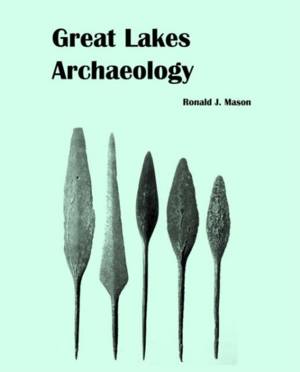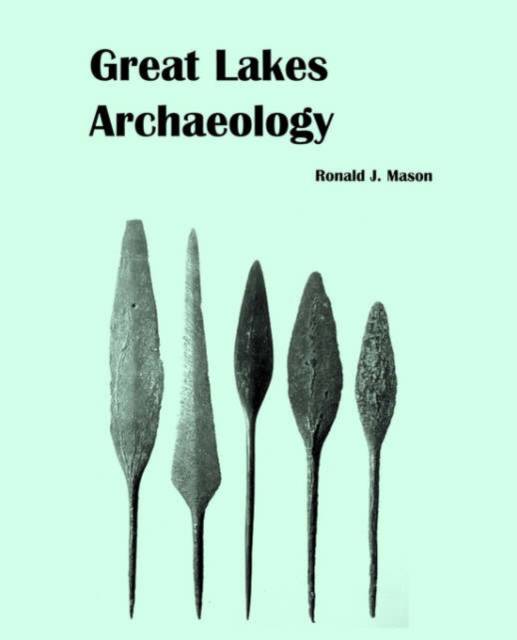
- Retrait gratuit dans votre magasin Club
- 7.000.000 titres dans notre catalogue
- Payer en toute sécurité
- Toujours un magasin près de chez vous
- Retrait gratuit dans votre magasin Club
- 7.000.000 titres dans notre catalogue
- Payer en toute sécurité
- Toujours un magasin près de chez vous
Description
Originally published in 1981, Great Lakes Archaeology is still the most comprehensive account of Great Lakes peoples, prehistoric, protohistoric and early historic. Great Lakes Archaeology is reprinted here with a brief review of post-1981 research and a list of recommended recent publications. "This book remains the only synthesis focused on the entire Great Lakes area. Aside from the fact that the book is comprehensive in geographic coverage, one of the most important strengths is that Mason is a good writer. Moreover, not only does the work demonstrate the author's comprehensive, in-depth understanding of the literature, it is heartfelt and humanistic. Given the obvious merit of this volume as a geographically-comprehensive, well-written work I would use it as a text." Canadian Journal of Archaeology, 27: 326 (2003) "Beyond Mason's considerable abilities as a synthesizer, we find among his words and sentences a deep feeling for the beauty of the Great Lakes country, the mysteries of its past and the humanity of the Indian people who lived out their lives on its shores. As a summary of Great Lakes peoples, this book is excellent. This book will both apprise the public of archaeology's contributions to knowledge and serve as a fine introductory text at the college level. It is to be recommended for its contents and literacy; the profession should take a writing lesson from Ron Mason." Charles E. Cleland in American Anthropologist Ronald J. Mason was born in Canada, discovering archaeology as a child in the Toronto public school system and the Royal Ontario Museum. He earned his undergraduate degree at the University of Pennsylvania and did his graduate work at the University of Michigan. After conducting archaeologic field work for the New Jersey State Museum, Temple University and the National Park Service, he has held positions with the Neville Public Museum in Green Bay and with Lawrence University in Appleton, Wisconsin where he was Professor of Anthropology, departmental chair and chair-holder of the Henry M. Wriston Professorship of the Social Sciences and where he is now Professor Emeritus. Dr. Mason is the author of many articles in archaeologic and anthropologic journals and four books and monographs. He is presently at work on a large-scale study of archaeologic uses and abuses of oral traditions.
Spécifications
Parties prenantes
- Auteur(s) :
- Editeur:
Contenu
- Nombre de pages :
- 460
- Langue:
- Anglais
Caractéristiques
- EAN:
- 9781930665460
- Date de parution :
- 01-08-02
- Format:
- Livre broché
- Format numérique:
- Trade paperback (VS)
- Dimensions :
- 190 mm x 235 mm
- Poids :
- 784 g







